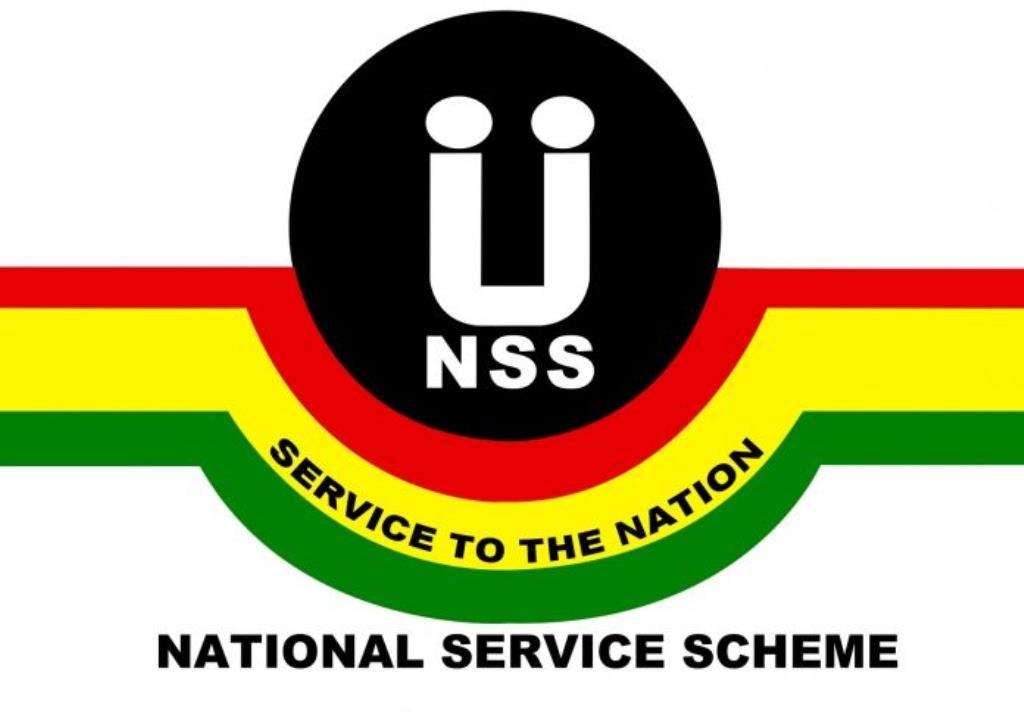Bright Simons of IMANI Africa has shed light on a troubling trend he describes as “state enchantment“—a systematic form of “public swindling” by politicians and public servants in Ghana.
He explained that this deceptive practice has become rampant in the so-called digitalization space, where exaggerated technological solutions are used to siphon public funds under the guise of innovation.
Simons argued that these fraudulent digital projects often begin with a struggling startup that has developed a product but is unable to gain widespread traction.
Then, a government agency acquires the product and rebrands it as a revolutionary solution to a national problem—usually at massively inflated costs.
“Like the Digital Addressing Platform (GhanaGPS), it usually starts with identifying a startup that already has a product that it is trying to blow up into a big thing. In the case of ‘Metric App,’ the startup was Inpath Technologies.
“They have been building the solution for Know-Your-Customer (KYC) identification services. They had hoped to even expand across Africa. But things were slow, very slow. Because ordinary business in Africa is hard.”
Bright Simons
Simons cited the Metric App as a prime example of this deceptive approach.
The digital platform was purportedly designed to eliminate ghost names from the National Service Scheme (NSS) database, presenting itself as a groundbreaking solution to a long-standing issue of payroll fraud.
He noted that the National Service Authority embraced the app and promoted it as the ultimate fix to Ghana’s ghost name problem.

However, beneath the publicized narrative, he alleged that the initiative masked a deeper scheme of financial mismanagement.
The strategy, he explained, involved identifying a widely acknowledged problem—such as ghost names—magnifying its severity to capture public attention and then presenting a supposedly transformative solution.
In this case, the so-called artificial intelligence-driven Metric App was portrayed as a revolutionary tool that would permanently resolve the issue, while its true purpose and the financial dealings behind it remained concealed.
Grand Unveilings Without Scrutiny
Furthermore, Bright Simons strongly criticized the manner in which these digital projects are introduced with much fanfare, often featuring elaborate launch ceremonies attended by high-ranking government officials, particularly the Vice President.
These events are carefully orchestrated, with select media personnel in attendance who are conditioned not to pose critical or challenging questions.
The projects are portrayed as groundbreaking innovations, generating widespread praise while effectively silencing scrutiny or dissenting voices.

However, beneath the grand presentations and public accolades, there is little genuine problem-solving.
Rather than effectively addressing the issue of ghost names, Simons alleged that the National Service Authority leveraged the Metric App as a tool for financial manipulation.
Instead of eliminating payroll fraud, the app was reportedly used to adjust figures and inflate the NSS payroll with fraudulent names, further exacerbating the very problem it claimed to solve.
“Whilst the Vice President was announcing the elimination of thousands of ghost names, and millions of cedis saved and praising the conjunction between Metric App and Ghana Card for solving the problem, the number of ghost names was actually increasing dramatically…”
Bright Simons
Simons highlighted the extent of the deception, emphasizing that it was executed so seamlessly that, without the investigative efforts of journalists from The Fourth Estate, the public would have remained completely unaware of the scale of fraud taking place.
He noted that while the government publicly claimed to have successfully eliminated ghost names from the national payroll, the reality was quite the opposite.
Behind the scenes, as many as 88,000 fraudulent names were being systematically added to the payroll, further draining public resources.
He stressed that this revelation underscores the critical role of investigative journalism in exposing hidden corruption and holding authorities accountable.
Without independent scrutiny, such large-scale financial misconduct could have continued unchecked, misleading citizens into believing that reforms were effective when, in reality, they were merely a cover for deeper mismanagement.
A Web of Digital Scams
Moreover, Bright Simons pointed out that this fraudulent model has been replicated across multiple government-backed digital projects, all under the illusion of national progress.
One such initiative was a “digital marketplace” that quietly enrolled National Service personnel into private business services like UTrack, Inpath, and SIMS.
Another project, the Flair app, was marketed as a solution to graduate unemployment but functioned as a private venture disguised as a state-backed initiative.

Even more digital schemes followed, using the same deceptive format.
These included projects such as credit scoring systems, electronic pharmacies, digital addressing, and the E-Travel Card.
As such, Simons warned that many of these programs continue to drain national resources with little to no benefit to the public.
“There have been dozens of similar digital schemes like the above in recent years. Credit scoring. Electronic pharmacy. Digital addressing. E-Travel Card. Etc, etc.
“All of them using the exact same format as the above. Many are still around, draining national resources. And the public? Still as easy to enchant as ever.”
Bright Simons
Accordingly, Simons emphasized that these fraudulent digital schemes must be thoroughly documented in books or documentaries to help citizens recognize the recurring pattern of deception.
He called for greater public vigilance and accountability to prevent further exploitation under the guise of digital transformation.
As Ghana continues to embrace digitalization, Simons urges the public to demand transparency and scrutinize government-led technological projects more critically.
Without such oversight, the cycle of state enchantment will persist, allowing public funds to be misappropriated while the real challenges remain unaddressed.
READ ALSO: Sammy Flex Defends Shatta Wale’s Soft Side




















